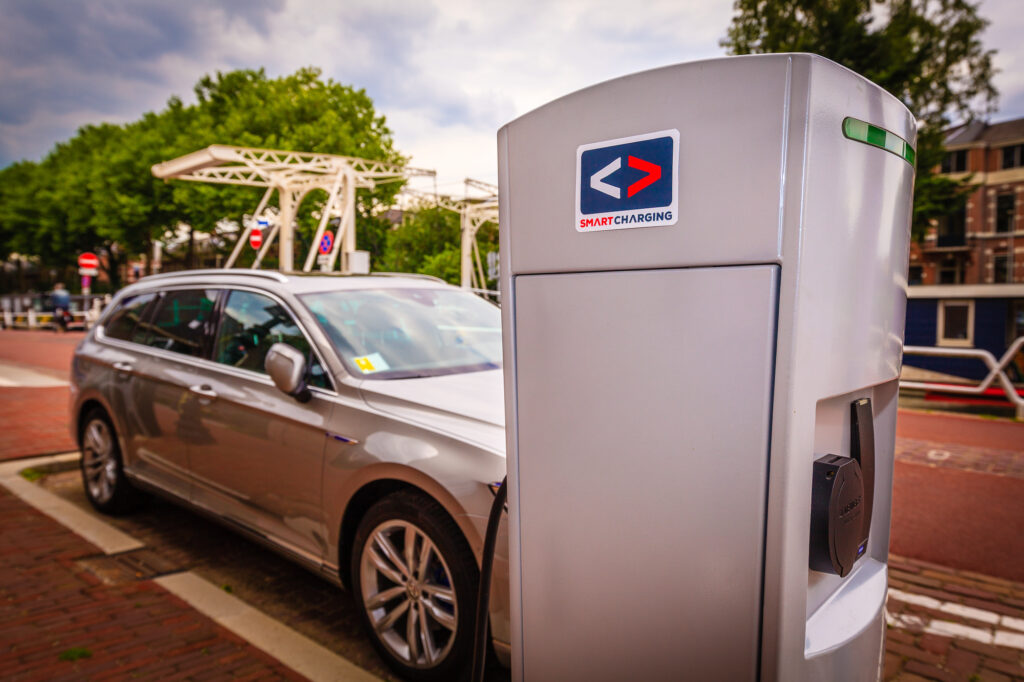The European Network of Cyber Security (ENCS) has partnered with the European Distribution System Operators’ Association for Smart Grids (E.DSO) to launch a set of cyber security requirements for EV charging infrastructure.
The requirements are to be applicable throughout Europe and have been designed to provide distribution network operators with various considerations when working with EV chargers, with the intention of creating a universal standard for cyber security across the continent.
It’s the first in a series of security standards for all smart grid components, aiming to address the burgeoning issues surrounding cyber security as the energy system continues to digitise.
The requirements are divided into a series of sub-categories, featuring elements on future proof design; the use of cryptographic algorithms and protocols; communications security; system resilience and access control.
Anjos Nijk, managing director at ENCS, said that the potential impact of electric vehicles on the grid from a security standpoint “can’t be understated”.
“By 2020, there’s expected to be nearly 220,000 EV chargers installed. At this scale, these requirements will be vital in neutralising the growing threat from hackers who could potentially cause a blackout through poorly-protected EV chargers,” he said.
The requirements have already been adopted by ElaadNL, the Netherlands’ EV knowledge and information centre, after the body approached ENCS to help formulate them.
Cyber security is surging up the priority list of utilities and other energy firms and, in January this year, the UK’s National Cyber Security Centre published new measures and guidelines in the wake of an “increasing number of threats”. Energy companies in the UK that fail to make proper preparations to counter cyber security threats now face fines of up to £17 million.






